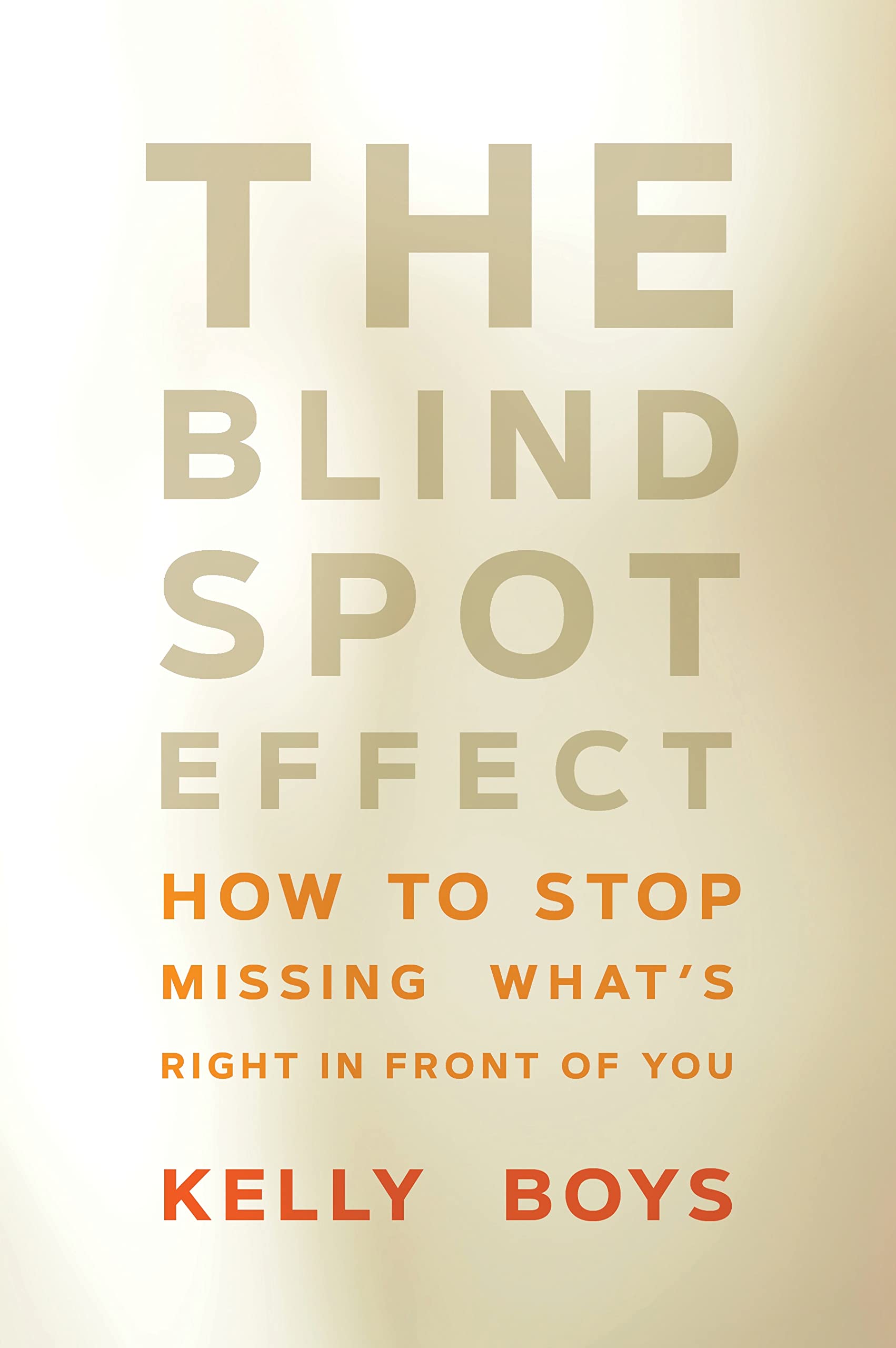

Blind Spot Effect
L**N
You will thank yourself later for reading this book
Wonderfully written and informative book! I love it when a book sparks new insights and with this one, I should stay away from dry leaves. Very useful and easy to understand.I was hoping that a book about blind spots would help me see my own. It did, but it also assured me that this totally normal and you can't get rid of every blind spot in life.Great choice for a Top 10 Books on self-development recommendations or for the friend who is always looking for something unique to read. If you are in the helping profession (therapist, coach, etc) you need this book!
D**M
Practical, personal and inspiring!
An excellent support for living a conscious and examined life. The offering is practical, personal and inspiring. The author both invites us and guides us to bring our unseen, unclaimed and perhaps previously unwanted parts into the light and even into our hearts. Once we welcome our blind spots their true gifts may not only surprise us but free us!
N**H
Tapping into your Wild Aliveness
At its deepest core, Kelly Boys’s “Blind Spot Effect” is an updated take on the psychological process of individuation (Carl Jung), that is, the process of becoming more conscious, or aware, of our unconscious processes (actions/reactions, habits, responses programmed by our singular past), and therefore integrating them into our conscious self to become a more whole human being and experience our own “wild aliveness.” What Boys calls a “blind spot” here is in effect a glimpse into what other treatments call one’s shadow. In essence, this book is about how to hold a light to our shadow.The first half of the book introduces the reader to the basic concept of blind spots, and if you are new to this sort of work and self analysis, this could be a great entry way into it. The second half of the book follows this by delving deeper into ways to locate your blind spots, to slow down your decision and thought making processes to see what lies behind them in hopes of becoming more open to the unknowns of life versus relying on security and control tactics as you may have in the past.Where Boys shines here is in adding her own singular approach to this process, which proves science-based, behavioral, and perhaps computer-concept driven despite its psychological core. Her important contribution is explaining how the practice of mindfulness meditation can help us “hack” into our unconscious processes (generally those that cause us the greatest suffering down the road), therefore discovering our blind spots. She convincingly explains how welcoming these generally painful discoveries about ourselves can help us live more pure, rich, and meaningful lives (living in “flow”), while also becoming more emotionally intelligent in the process.
P**E
Super Helpful
The Blind Spot Effect was super helpful for me.It’s written in a down to earth, compassionate, and often funny manner.Kelly skillfully explains what blind spots are and lays out the steps needed to uncover them.I recently heard her on a podcast describe the process as a treasure hunt (instead of a witch hunt), which I thought was an very healthy way to approach it.If you’re interested in personal growth and want to discover patterns that are holding you back, I’d recommend picking up this book (or listening to it, as I did).
M**Y
A Mindful magazine excerpt from this book has already given me great assistance! Wow!
Just read a Mindful magazine excerpt from this book... already powerfully helpful... am ordering the book right now!
S**5
Easy read
Interesting read makes you think
E**R
Disappointing - actually, *very* disappointing
I was excited to read this book because I'd found an excerpt in Mindful Magazine rather electrifying (for reasons I don't recall). I was hoping to find some concepts and tools that would help me help clients who always say to me, when I critique their work, why couldn't I see that I was making false assumptions? How could I have been blind to what I was overlooking? I was also hoping to find keys to discover what I am blind to when I think about the world around me. She talks much more about emotional blind spots than cognitive ones, however.Another disappointment was the paucity of hard-hitting examples in her book. For that, I recommend people read or listen to Byron Katie. This author's writing was full of smooshy generalizations and airy experiences.A final disappointment was her jarring use of four-letter words. This vulgar language seemed inconsistent with the gentle tone she otherwise uses in her writing, and it also seemed to me totally unnecessary.If anyone knows of a better book for identifying one's own false assumptions and thinking blind spots, please let me know in a comment. Thanks!
J**L
Detailed and interesting
I came across the author via a podcast, and wanted to read her book. Her explanation of how we can be repeating unhelpful behaviour because of 'blind spots' in our own psychology was interesting to me. I was expecting a more 'typical' self help book, and found this book required a bit more concentration to read. It contains theory from psychology ('fast and slow' thinking systems), and neuroscience (Anil Seth in partucular). There's a lot of wisdom in the book, and some practical advice on how to find those blind spots.
J**E
Blind spots
Well written. To get the most out of reading this book, it is advisable to do the exercises she provides at the end of each chapter. It’s also a book that I want to reread in the future, once I’ve integrated the concepts taught.
Trustpilot
2 days ago
1 month ago